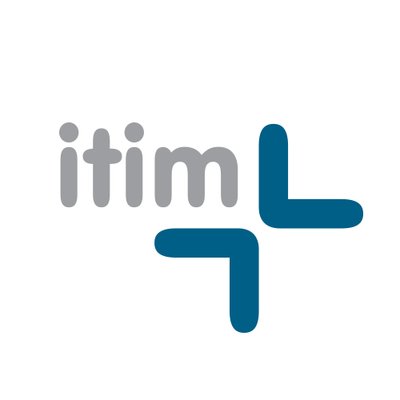Imagine conversing with an assistant that intuitively brings you shopping suggestions, no tab clutter, no ad clutter, just smooth, tailored product options appearing right in your chat.
The new ChatGPT shopping feature initiates a quiet revolution in how investors should think about online retail and AI. Without overt trumpeting, it embeds commerce into everyday interaction, blending search, discovery and purchase in a seamless flow. And for an investor audience, that positioning presents both a technological leap and a strategic moment worth dissecting.
Gone are the days of juggling browser tabs and comparing prices manually. Now, a simple request, like asking for an espresso machine under a budget, triggers a carousel of product options, complete with visuals, specs, user reviews and links to buy. Rather than turning results into ads, the platform presents what it deems most relevant, organically selected. The promise is a more human‑intuitive experience, where the AI becomes a personal shopper rather than a link directory.
This is not mere convenience, it is a subtle framing shift. By replacing keyword‑based searching with conversational intent, ChatGPT pivots the customer journey from passive browsing to active, guided interaction. That quiet nudging could elevate conversion efficiency and potentially reshape digital commerce habits.
For e‑commerce players, the threat and opportunity are clear. The AI becomes a new discovery channel—one that favours structured data, rich metadata and conversational readiness over paid bids. Brands with well‑tagged inventories, schema‑rich sites and natural language‑friendly descriptors stand to gain visibility here, even against deep‑pocketed competitors. It alters the battleground from marketing budgets to content architecture and AI‑friendly design.
Meanwhile, OpenAI is creating a novel funnel for affiliate revenue, though its stance that results are independent and ad‑free today may not hold forever. But early adoption of this interface could grant brands and publishers a first‑mover advantage: in a tool that may well supplant search engines for purchase decisions.
For investors, it’s critical to watch how trust evolves. Reddit users have already voiced doubts about monetisation creeping in, with concerns that overt selling could erode the user experience. The purity of algorithmic recommendations, critics suggest, is fragile, it can slip into commercial bloat if not monitored.
Beyond that, personalisation has its limits. If algorithms serve only known preferences, discovery may narrow, reinforcing choice homogenisation. That could hurt niche brands, even as it elevates mainstream favourites. Monitoring ChatGPT’s product diversity and transparency will be key to gauging whether this truly expands or constrains consumer choice.
OpenAI reports over a billion weekly searches through ChatGPT, and this feature unlocks a fresh engagement vector. For consumers, especially younger, tech‑savvy groups, AI‑shopping may seem more natural than traditional web search. For investors, that hints at platform stickiness and monetisation potential. The frictionless path from query to product means retention may strengthen, but success depends on how well it handles context switching, memory, and genuinely helpful responses.
The rollout is deliberately limited—fashion, beauty, home goods and electronics formed the early categories—and we are in the pilot stage. That matters. Iteration matters more. OpenAI needs to refine the memory integration (so ChatGPT recalls user preferences over months), merchant data integration, inventory accuracy, and ensure a low‑friction checkout transition. Each of these elements represents product risk and opportunity; each influences whether this feature becomes transformative or merely experimental.
For investors scrutinising digital commerce and AI, this rollout illuminates how major platforms pivot from tools into marketplaces. We are past search as a static utility; we are entering a moment where natural dialogue becomes the storefront. The scalability and monetisation of this feature could transform not only OpenAI’s revenue mix but e‑commerce structures across the board.
In simple terms, ChatGPT’s shopping feature blends interaction and commerce into a single interface. Users say what they want; the system responds with product options, context, reviews and buy links, all without navigating away. For investors, it’s a prototype of conversational commerce becoming the norm, and a case study in how digital platforms may win or lose depending on content structure, trust, and user psychology.
itim Group plc (LON:ITIM) is a SaaS-based technology company that enables store-based retailers to optimise their businesses to improve financial performance and effectively compete with online competitors. Itim adds retail value by helping multi-channel retailers optimise their business and their stores to improve financial performance and compete more effectively with the “Amazons”.





































